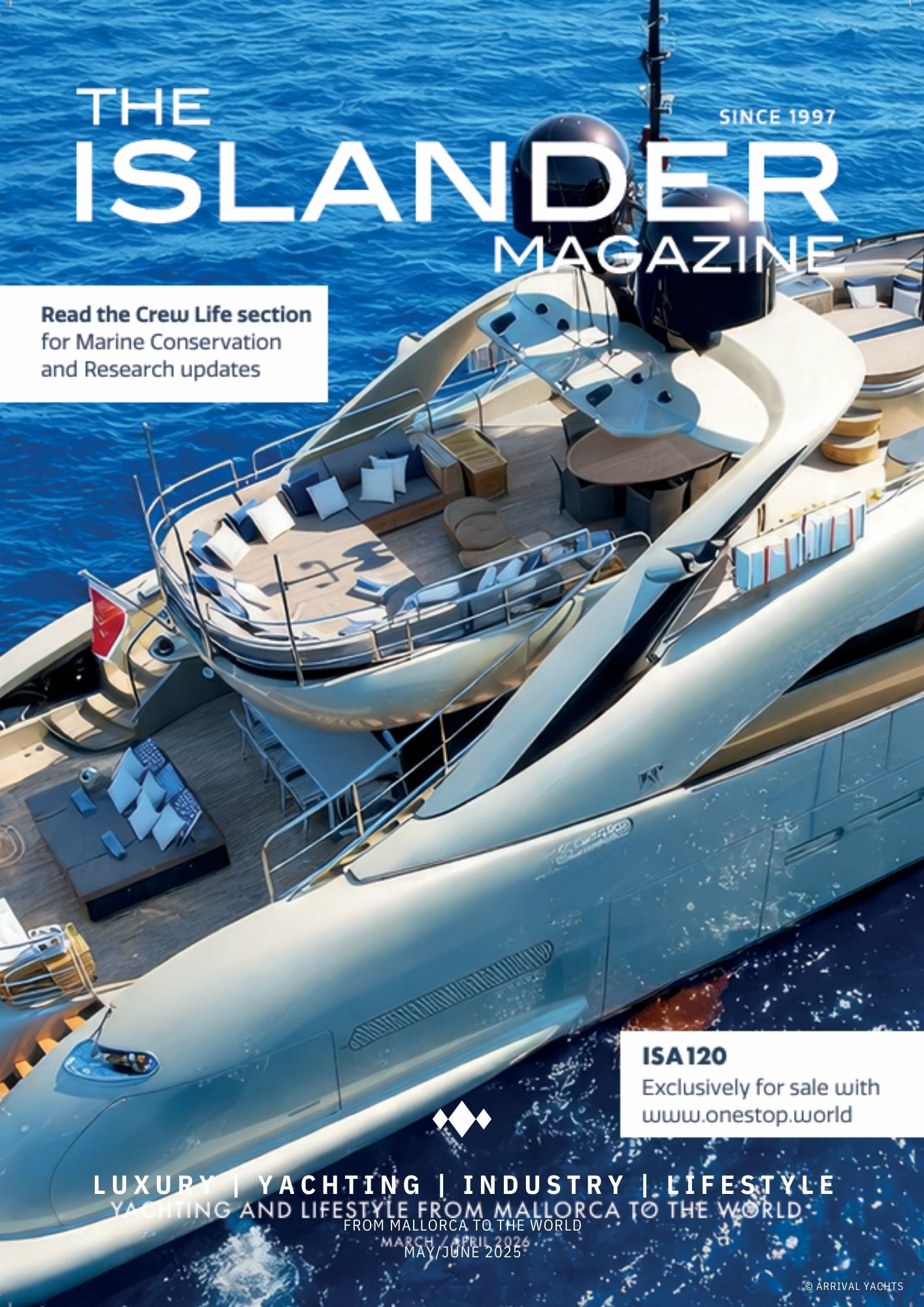Did you know there are well over 50 dive certification agencies worldwide, and more exist at a national level aligned with CMAS (World Diving Federation)? So, when it comes to learning to dive, which certification agency should you choose?
Personally, I began with BSAC & CMAS and later earned PADI & NAUI instructor ratings—each providing different perspectives and teaching experiences.
The most recognized organizations today remain BSAC, NAUI, PADI, CMAS & SSI.
British Sub‑Aqua Club (BSAC)
BSAC runs on a club-based system since 1953. Members attend weekly evening pool sessions and weekend dives, or can opt for intensive courses over a week or more. Most instructors are volunteers, making BSAC a social, hobby-driven option. Given the cold, low-visibility UK waters, its training is considered thorough—especially in teaching rescue skills early. Motto: “Dive with friends.”
CMAS (Confédération Mondiale des Activités Subaquatiques)
Also operating through clubs, CMAS was founded in 1959 in Monaco and sets global training standards. Certification is issued via national federations or CMAS Dive Centres using approved materials. Motto: “Quality in diving.”
Scuba Schools International (SSI)
Founded in 1970 and offering scuba and freediving training, SSI is unique in its retail-based model that ensures consistent quality globally. It also runs swim schools and lifeguard training.
Professional Association of Diving Instructors (PADI)
PADI remains the world’s largest recreational scuba administration, founded in 1966. It’s known for its accessible modular courses and strong marketing—most divers identify with “PADI certification.” It faces criticism for being too streamlined, and some allege its commercial focus has diluted training depth. Motto: “The way the world learns to dive.”
National Association of Underwater Instructors (NAUI)
Since 1959, NAUI has upheld a not-for-profit, navy-style training ethos. Its Board once included Jacques Cousteau, and NAUI pioneered nitrogen-enriched air (Nitrox) diving. Motto: “Dive safety through education.”
Cross-Agency Comparisons
Certifications vary by agency. For example, PADI Advanced Open Water Diver requires five dives, while SSI Advanced Open Water demands four specialty courses plus 24 total dives. These differences reflect each organization’s priorities—whether breadth, depth, or specialization.
When I review someone’s certification, I check the agency and logbook—these often reveal more than the certification level alone. While agency affiliation is informative, the real measure is the instructor’s skill and the dive school’s standards. Bigger organizations may have wider reach, but not always better quality.
Know What Comes Next
Diving doesn’t end with Open Water certification—building your skills, exploring wrecks at depth, and night dives require continued learning beyond entry level. Choose your agency wisely, but stay curious and keep your passion evolving.
Big Bubbles, No Troubles!























0 Comments